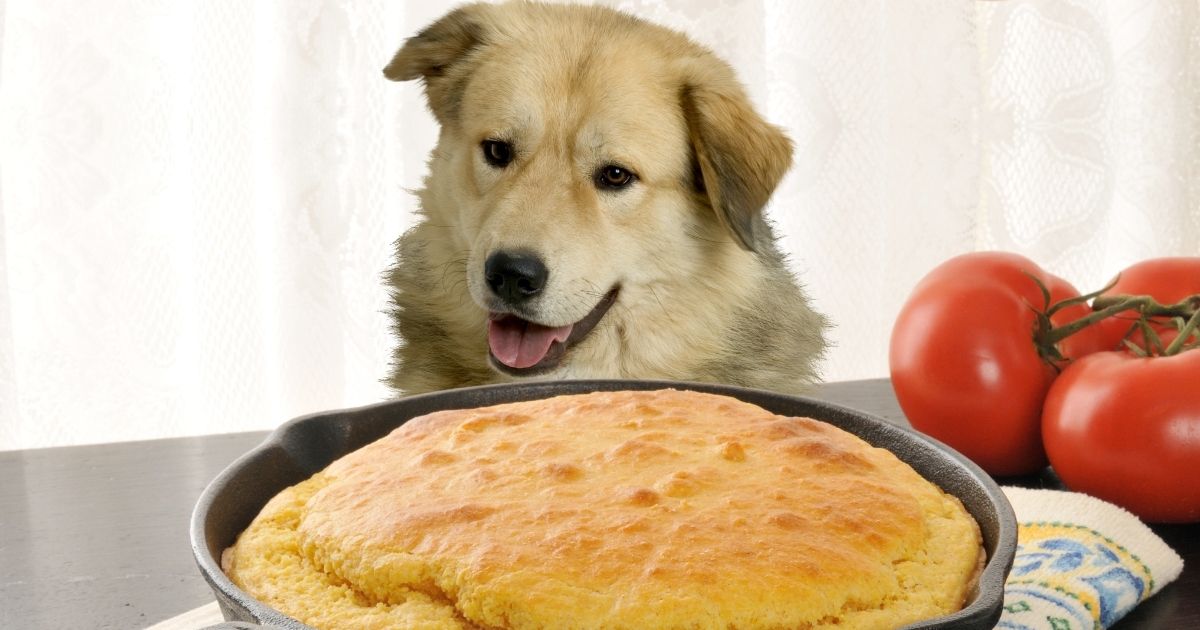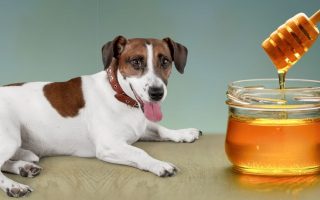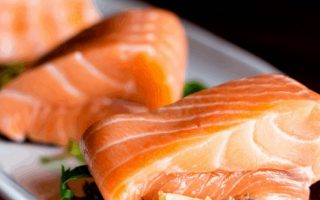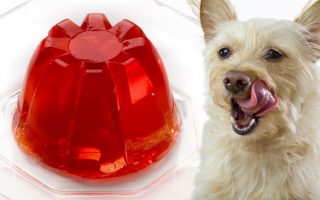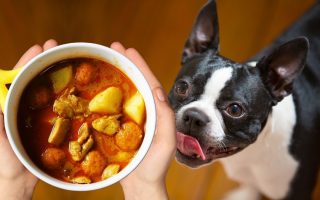Surprising as it may sound, it is quite a challenge knowing how to spoil your dog without endangering its health.
Cornbread is one meal filled with quality ingredients such as cornmeal, milk, eggs, wheat flour, etc.
Now you may wonder, can dogs eat cornbread? Is cornbread bad for dogs?
Well, cornbread contains some beneficial nutrients good for dogs. If eaten in minimal amounts and occasionally, cornbread is a safe consumable for dogs.
However, the constituents and process of making this meal play an essential role in it being toxic or non-toxic to dogs.
Read on to discover all the important information you need to know about safely feeding cornbread to your canine.
What is Cornbread?
Cornbread is a native American dish prepared from finely grounded corn known as cornmeal.
It is typically made with baking powder to allow for the bread to rise and crumbly in texture.
The essential ingredients necessary for making a simple cornbread are nothing more than cornmeal, water, and salt.
However, other recipes incorporate additional ingredients such as wheat flour and fat.
Below is a breakdown of the nutrient value of cornbread (65g)
| Nutritional Info | Amount |
|---|---|
| Calories | 173 |
| Calories from Fat | 42 |
| Total Fat | 4.6g |
| Sodium | 428 mg |
| Carbohydrates | 28g |
| Protein | 4.4g |
| Calcium | 12% |
| Iron | 9% |
Can Dogs Eat Cornbread?
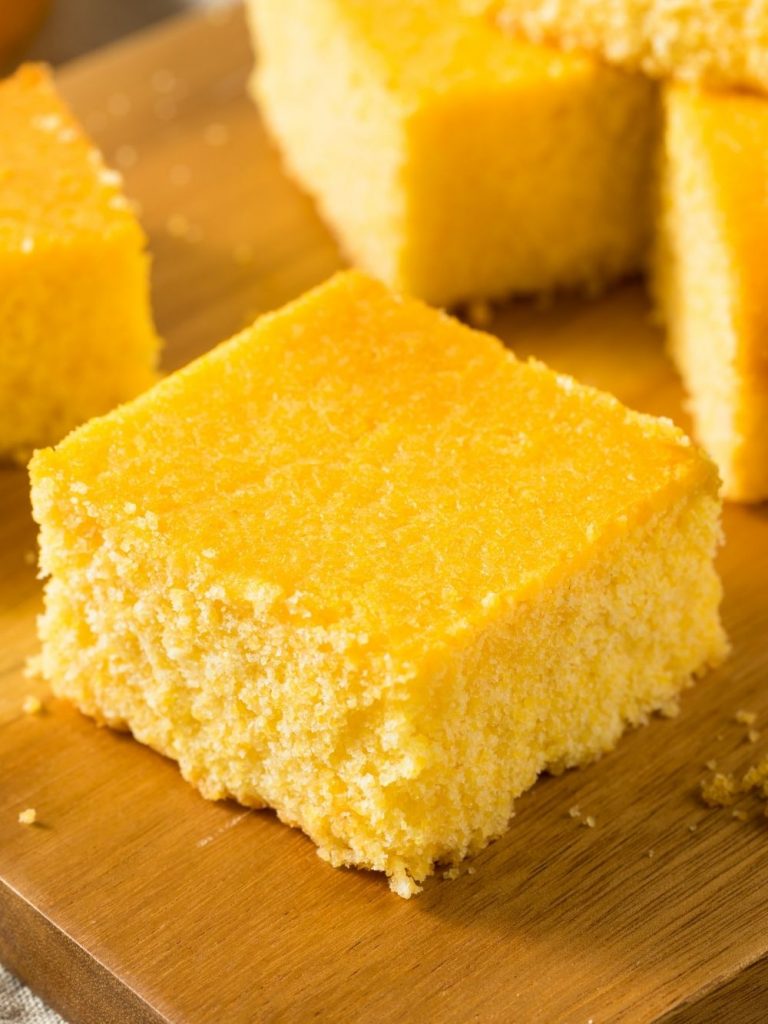
The short answer is yes — it is safe for your canine buddy to eat cornbread, however, in moderation. A bite or two should be enough.
Your dog is likely to enjoy the taste and may want more, but you should know the limit.
It all comes down to the discretion of the caregiver, i.e., you.
Ideally, cornbread should serve nothing more than an occasional treat reward.
If you can’t hold your ground with the limit of your dog’s cornbread intake, it would be best to completely avoid it and opt for other pet-friendly treats than put their health in jeopardy.
Is Cornbread Bad For Dogs?
It is best to feed your dog a limited amount of homemade cornbread rather than store-bought boxed mixes.
You have control over the ingredients used in making homemade cornbread. On the other hand, store-bought is already made and ready for eating.
The advantage of homemade cornbread is that you can make a healthier version of cornbread, keeping your dog in mind.
You could keep off the sugar, flour, and salt or add a minimal amount of them; you could also use buttermilk rather than regular milk.
Store-bought cornbread is not made with the health considerations of dogs in mind.
They are made to please human taste and thus are packed with tons of ingredients for a better taste.
However, this doesn’t mean that they’re harmful to a dog. A small amount wouldn’t necessarily harm your dog unless too much is consumed.
Hence, it would be best if you didn’t feed your dog too often, especially because of its high-fat content.
The same cannot be said for dogs with allergies to corn.
You should altogether avoid feeding cornbread to dogs that are allergic to corn, as this may result in pruritus or rhinitis.
Is Cornbread Good for Dogs?
It is quite clear that cornbread is not the best kind of meal to feed to your dog, and if you must, you should feed your dog in small amounts infrequently.
What about other variants of cornmeals? Are they suitable for dog consumption?
Can Dogs Eat Corn Muffins?
Corn muffins are almost the same as cornbread. The significant difference is that the latter is made in a cupcake shape or muffin pan.
For the same reasons, dogs can’t eat too much cornbread; they can’t also devour through corn muffins except occasionally.
However, they are quite a safe treat for dogs when eaten moderately.
Can Dogs Eat Cornbread Dressing?
Cornbread stuffing or cornbread dressing is bad for dog consumption.
Recipes involved in making both, such as onions and garlic, are harmful to dogs.
Also, cornmeal in itself isn’t a meal to feed your dog regularly, making it a meal you should totally keep away from your pooch.
What Happens if a Dog Eats Too Much Cornbread?

If your dog has had too much cornbread, it is likely to experience some health issues.
Dogs can’t think logically, so it is expected they may find their way to that tasty, aromatic cornbread without you noticing.
Below are some of the signs to look out for if you suspect your dog has had too much cornbread:
- Constant gulping
- Vomiting
- Loss of appetite
- Diarrhea
- Lethargy
If any of these occur after your dog eats cornbread, take it immediately to see a vet.
FAQs
Will corn upset a dog’s stomach?
Corn can cause gastrointestinal disorders in dogs if they consume too much of it. Dogs with a history of corn allergic reactions can suffer even more.
Is cornmeal safe for dogs?
Although corn is one frequently used product in dogs’ regular diet, dogs can still suffer an allergic reaction from cornmeal.
It doesn’t matter if you feed it moderately or in small quantities. Interestingly, dogs are unlikely to be allergic to cornmeals as most aren’t.
That being noted, after feeding your dog cornmeal once or twice, you’d be able to tell if your dog is allergic to cornmeal.
What are the symptoms of cornmeal allergy in dogs?
There are several symptoms to be on the lookout for if your dog is on high cornmeal diet, but the most pronounced are itchy skin, dry cough, and unhealthy weight gain.
These symptoms are also consistent with a grain allergy, so it would be wise to see a vet be sure. Changing your dog diet to grain or corn-free diet would also be an intelligent thing to do.
The Bottom Line: Can Dogs Have Cornbread?
It is clear that dogs can eat cornbread; the amount eaten matters.
Therefore, it is important to feed it to them in moderate quantities and infrequently.
Also, it is best to feed your pooch cornbread that is homemade with dog-friendly ingredients.
Plainly cooked cornbread is less harmful and more nutritious for your canine.
You May Also Like:
Can Dogs Eat Cheesecake? The Untold Facts

